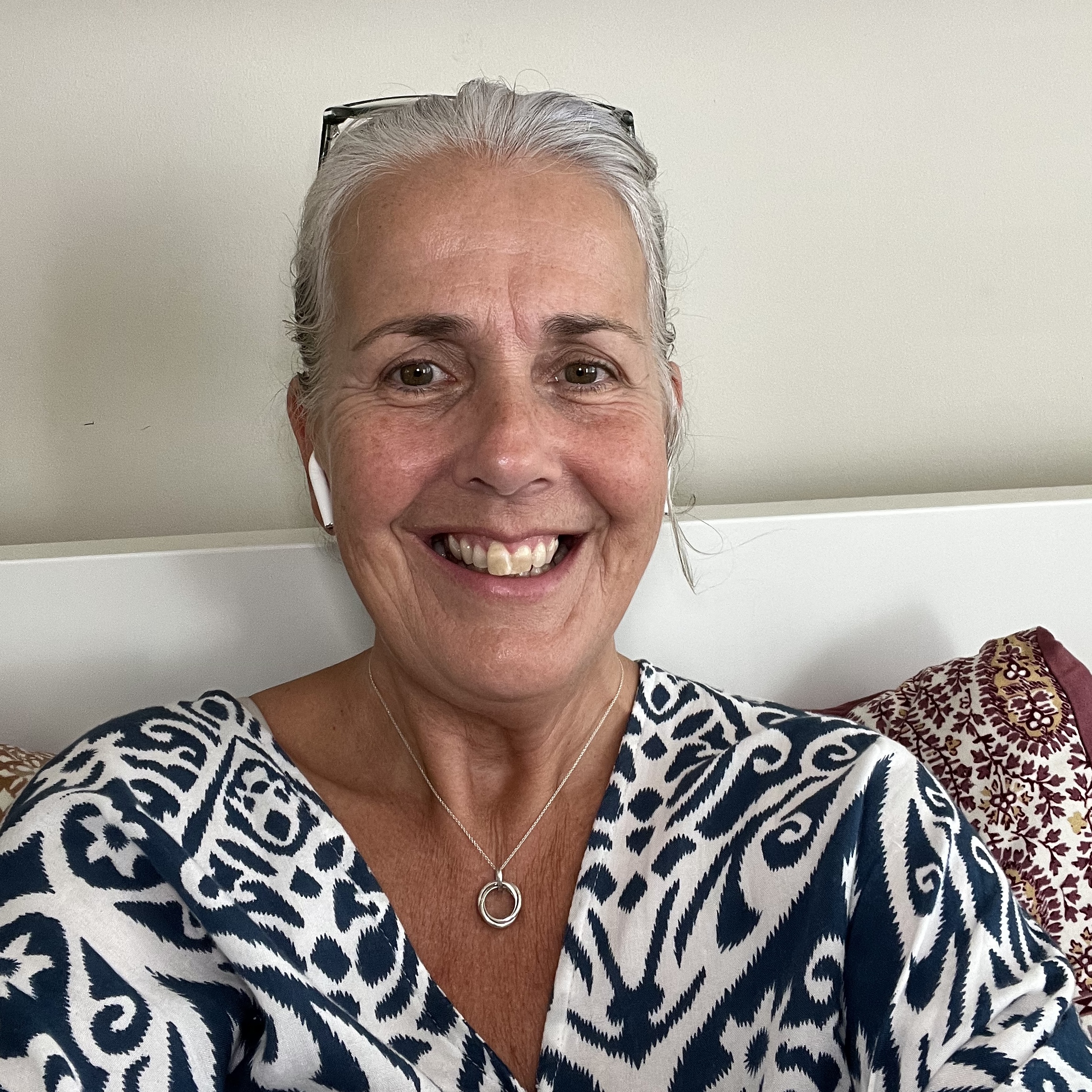Mentoring Moments: How Conversations Shape Leaders
- Sarah Moore
- Jul 3, 2025
- 3 min read

There are moments in our lives when someone sees something in us we haven’t yet seen in ourselves and they name it.
That moment, that naming, can change the trajectory of a life.
I was in my twenties when I first experienced this. My first boss, who become my first mentor quietly yet powerfully held a mirror to my potential. He asked the kind of questions that linger long after a conversation ends, the kind that stirred a knowing in me I hadn’t yet claimed.
He gave me opportunities far beyond my title, because he saw leadership in me not in my job description, but in how I listened, responded, and showed up. That one relationship changed everything.
Years later, I found myself in a new role with a new mentor, someone who would stretch me in every direction. He believed in me fiercely, even when I doubted myself. He had a knack for nudging me into growth, often before I felt ready, but always with a deep sense of care. He taught me the kind of leadership that doesn’t come from a textbook: the kind born from being trusted, stretched, and truly seen. That time in my life shaped my values as a leader. It rooted me in community. It taught me that capacity building is not about filling people up, it’s about drawing out what’s already there, often hidden beneath fear, self-doubt, or exhaustion.
Becoming a Mentor
It was also the season I first became a mentor myself.
Mentoring isn’t about having all the answers. It’s about holding space. Listening deeply. Asking powerful questions. And, when the time is right, offering a reflection or insight that shifts something in another person.
Years later, during my training in Conversational Intelligence (C-IQ), I met Anne, a woman who worked in the South Australian Government. On the surface, we came from different worlds. But underneath, we were deeply aligned in our values.
Over the past nine years, she has become a treasured mentor and thought partner. She’s the person I go to when I’m sitting on the edge of a new idea, she expands it, elevates it, and helps me see it in a broader context. She reminds me of the impact I have when I forget to see it for myself.

Our mentoring relationship is built on trust, a kind of trust that allows us to be fully ourselves, to stretch without shame, and to create new thinking in real time. That’s what Conversational Intelligence is all about. C-IQ taught me that conversations are not just exchanges of information, they are exchanges of energy, of emotion, of neurochemistry.
Trust and fear release very different chemicals in the brain. When we feel safe, seen, and heard, our brains open to insight, collaboration, and creativity. But when we feel judged or shut down, our brains close off. We go into protect mode.
The C-IQ tools, such as priming for trust, listening to connect (not reject or judge), and double-clicking into meaning, have become second nature to me now.
I’ve used them with Anne during our mentoring conversations, especially when unpacking big decisions or navigating emotional terrain. But more than that, I’ve brought these tools into the early childhood sector, embedding them into the way I train, coach, and mentor.
I’ve watched Early Childhood Leaders step into mentoring roles with a new level of confidence and connection. I’ve seen teams create shared language and agreements around how they want to communicate, not just what they want to say, but how they want others to feel.
I’ve witnessed brave conversations happen, ones that elevate not just performance, but wellbeing, belonging, and purpose. And it’s this spirit, this alchemy of relational communication, mentoring, and trust, that sits at the heart of The Dandelion Project.

The Dandelion Project
The Dandelion Project is more than a communication and mentoring program. It’s a movement. A way of planting seeds of leadership, trust, and capacity in early childhood settings, especially in places that don’t always have easy access to leadership development.
It honours the power of mentoring, not as a formal hierarchy, but as a human-to-human commitment to grow together. And just like the mentors who shaped me, it starts with one person seeing something in another, and naming it.
The Dandelion Project is gearing up for it's first ever launch and I'm really looking forward to seeing how we all grow together. If you're interested in learning more about the Project or how you can participate you can book in a call with me, or register your interest on the webpage here.
#EarlyChildhoodLeadership #MentoringMatters #LeadershipDevelopment #EducationalLeadership#ConsciousLeadership




Comments